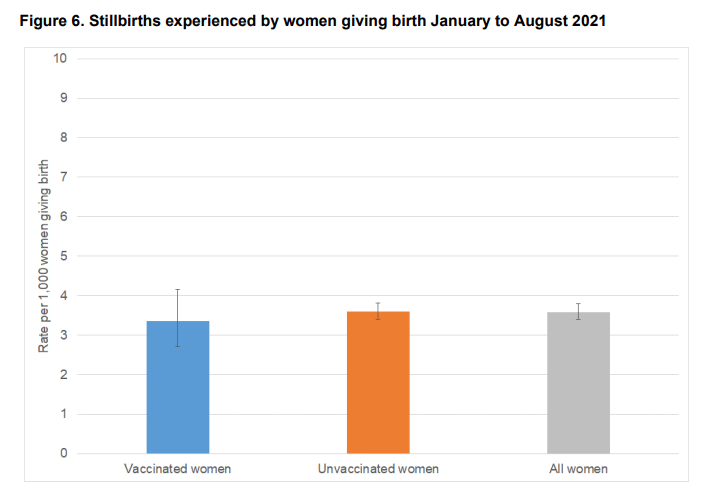
Does #CovidVaccination cause changes to #periods? Biggest and best study so far...
In summary: on average, periods are delayed by ~half day by dose 2 of the vaccine, and delayed by ~2 days if you get both doses in the same cycle. But it's temporary! 🧵
journals.lww.com/greenjournal/F…
In summary: on average, periods are delayed by ~half day by dose 2 of the vaccine, and delayed by ~2 days if you get both doses in the same cycle. But it's temporary! 🧵
journals.lww.com/greenjournal/F…
3959 spontaneously cycling ppl logged at least 6 consecutive cycles with tracking app @NaturalCycles.
2403 were vaccinated. Taking them all together, the average period came 0.64d late after dose 1 and 0.79d late after dose 2. No difference in length of period. 2/
2403 were vaccinated. Taking them all together, the average period came 0.64d late after dose 1 and 0.79d late after dose 2. No difference in length of period. 2/

Most of us wouldn’t even notice this! But could the average be hiding some small fraction of people who experience a large change? We define any variation in cycle length of less than 8 days as “normal”. 3/
obgyn.onlinelibrary.wiley.com/doi/10.1002/ij…
obgyn.onlinelibrary.wiley.com/doi/10.1002/ij…
So what % of ppl experienced a >8d change to their cycle?
Dose 1. 4.3% of unvaccinated vs. 5.3% of vaccinated
(Not significantly different). 4/
Dose 1. 4.3% of unvaccinated vs. 5.3% of vaccinated
(Not significantly different). 4/
For dose 2, 4.5% of unvaccinated ppl reported a >8d change, while 6.5% of vaccinated people did. Although the difference was bigger here, it still wasn’t significant. 5/
Because this study was carried out in the USA, where the interdose interval is 3-4 weeks, 358 people received both doses of the vaccine in the same cycle.
These ppl found that their period came, on average, 2.32d late. 6/
These ppl found that their period came, on average, 2.32d late. 6/
And when they are considered separately from everyone else, we see that the small average changes in the whole cohort are driven by this group. 7/
When we consider all the groups separately...
1st dose: no significant delay to period
2nd dose: period delayed by 0.45 days
Both doses same cycle: period delayed by 2.32 days.
8/
1st dose: no significant delay to period
2nd dose: period delayed by 0.45 days
Both doses same cycle: period delayed by 2.32 days.
8/
Even for the people who had both doses in the same cycle, and experienced the biggest delay, their periods had gone back to normal two cycles later. 9/
The authors conclude…
"We find no population-level clinically meaningful change in cycle length associated with COVID19 vaccination… Individuals receiving two COVID-19 vaccine doses in a single cycle do appear to experience a longer but temporary cycle length change." 9/
"We find no population-level clinically meaningful change in cycle length associated with COVID19 vaccination… Individuals receiving two COVID-19 vaccine doses in a single cycle do appear to experience a longer but temporary cycle length change." 9/
It's late now so I will put out another thread to set this study in context with others that have recently come out tomorrow morning…
But for now… \thread
But for now… \thread
PS. Got a bit excited. It's big, but in terms of number of participants, not *actually* the biggest study so far. But certainly the strongest study design, as we will discuss tomorrow...
PPS. Work of @edelmana1_ae and team, who I would have tagged before but I only *just* found her on Twitter!
• • •
Missing some Tweet in this thread? You can try to
force a refresh








